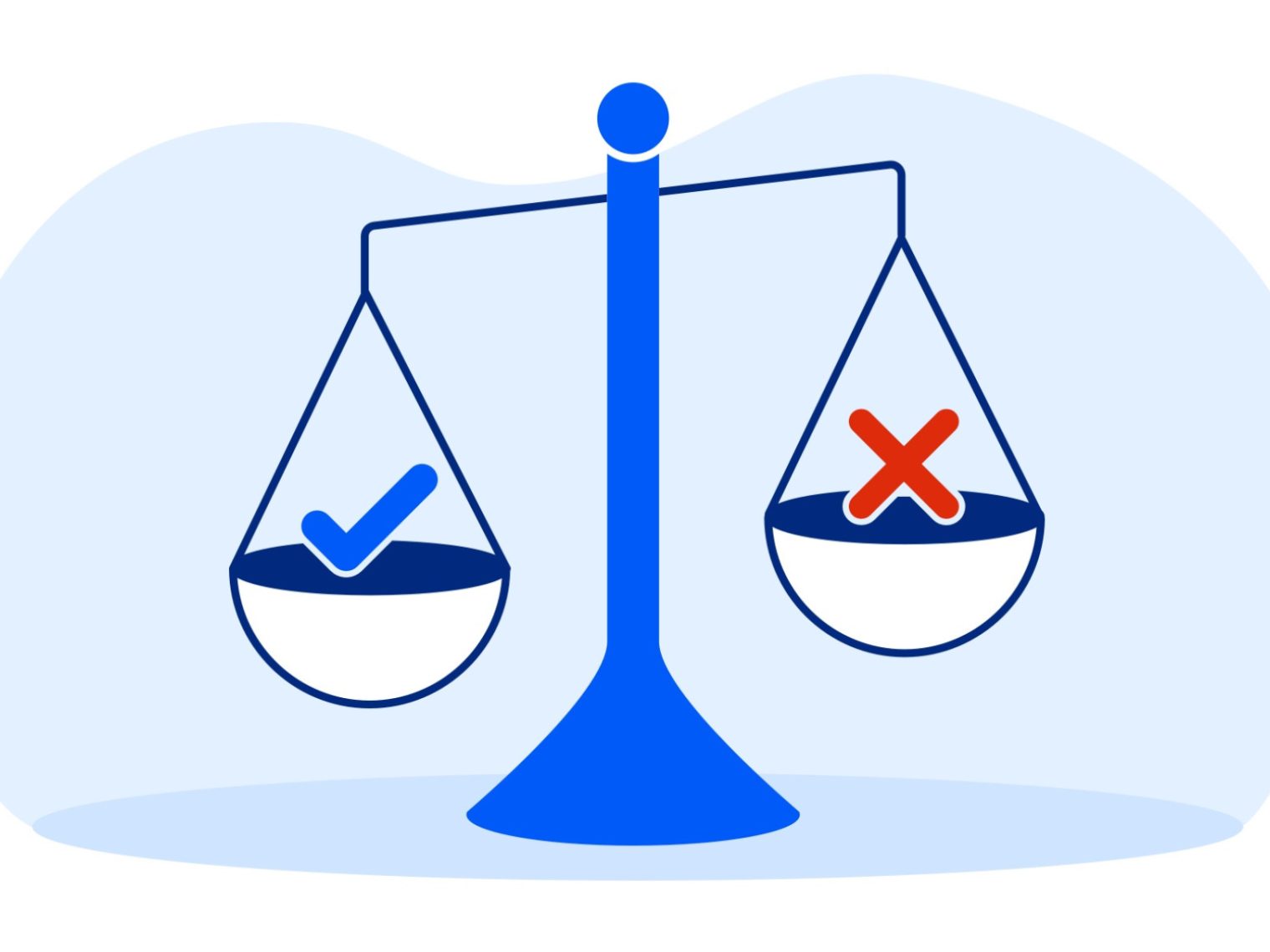- Military spouses can get a VA loan if they are an active service member or Veteran, co-signer or co-borrower on the loan or an eligible surviving spouse.
- Civilian spouses cannot use a VA loan on their own without a VA-eligible partner.
- Adding a spouse to a VA loan can help or hurt your chances, depending on their credit and income.
Buying a home can feel overwhelming for military families, but VA loans can help make the journey easier. These loans aren’t just for Veterans and active-duty service members. They may also extend to military spouses, offering a unique opportunity to achieve stability and build a home together.
Whether you’re buying with your spouse's VA benefits or using your own VA loan eligibility, a little research goes a long way. Every Veteran and spouse’s VA loan process may look different, so let’s break down what to know about the VA loan spouse requirements.
Can You Get a VA Loan as a Military Spouse?
Military spouses can qualify for a VA loan if they are:
- An active service member or Veteran themselves,
- A civilian co-signer or co-borrower on the loan or
- An eligible surviving spouse of a service member or Veteran
Civilians without VA eligibility cannot apply for a VA loan alone, even if they are married to a Veteran or active-duty service member.
How to Apply for a VA Loan With a Spouse
When applying for a VA loan, a civilian spouse can be added as a co-signer or co-borrower. Many Veterans and service members choose to include their spouses on the loan to maximize their homebuying power, especially if the civilian spouse has a higher income.
A financially strong spouse can enhance your application by contributing stable income and solid credit, which may lead to more favorable loan terms and greater flexibility in the home search.
However, adding a spouse to the loan comes with additional responsibilities. The spouse must meet the lender's and VA's requirements for credit, debts, income and other financial factors. When the VA loan includes a spouse, they share the responsibility for repaying it.
Before adding your spouse to your VA loan application, understand how their credit, income and debts may affect your loan. In some cases, a spouse’s poor credit or high debt may make it harder to qualify, potentially leading to a higher interest rate or a lower loan amount.
Military Spouse Credit Requirements
Every borrower on a VA loan must meet the lender’s minimum credit score and other credit requirements for VA loans. Those benchmarks can vary by lender and are influenced by other factors.
When multiple borrowers are on a loan, lenders base their interest rate on the lowest score. A Veteran with outstanding credit can’t compensate for a co-signing spouse whose score is below the lender’s cutoff, and the reverse holds true as well. Both borrowers either meet the requirement or don’t.
The VA does not set a minimum credit requirement, but most mortgage lenders want to see at least a 620 FICO credit score.
Military Spouse Income and Debt Considerations
While lenders consider each co-borrower’s credit score separately, they look at the combined debts and income when calculating your debt-to-income (DTI) ratio and residual income.
Based on the VA’s guidelines, most borrowers with a DTI ratio above 41% will face more stringent requirements, but DTI limits can vary by lender and your specific situation. Residual income guidelines ensure you have enough money left each month after covering major expenses, including your new house payment. These guidelines vary based on family size and location.
Military Spouse Occupancy Requirements
Like all government-backed loans, VA loans come with occupancy requirements. Some lenders may also require military spouses to meet the occupancy guidelines if they’re a co-borrower on the loan. Policies on this can vary by lender, but Veterans United doesn’t currently require this.
Obtaining a VA Loan as a Surviving Spouse
A Veteran’s spouse may qualify for a VA loan if they meet one of the following conditions:
- The Veteran is missing in action or a prisoner of war
- The Veteran died while serving or from a service-connected disability, and the surviving spouse didn’t remarry
- The Veteran died while serving or due to a service-related disability, and the surviving spouse didn’t remarry before Dec. 16, 2003, or turn 57 years old*
- The Veteran was totally disabled and later passed away, even if the disability didn’t directly cause the death
*Surviving spouse must have applied no later than December 15, 2004, to establish home loan eligibility
To apply for a VA loan as a surviving spouse, you’ll need a Certificate of Eligibility (COE) to show your lender as proof of eligibility. Veterans United can easily get your COE for you to start the VA loan process.
Common Questions About VA Loan Spouse Requirements
Let’s take a closer look at some frequently asked questions regarding military spouses and VA loans.
Can My Spouse Use My VA Loan Without Me?
No, military spouses are not eligible for VA loans alone unless they are active service members or Veterans. In almost all cases, the VA-eligible Veteran must be the primary borrower.
However, surviving spouses may be eligible for a VA loan if they haven’t remarried and their spouse died in the line of duty or due to a service-connected disability.
Can a Non-Purchasing Spouse be on a VA Loan?
In most cases, non-purchasing spouses can be included on the VA loan without their financial information being a factor. However, lenders can consider a non-purchasing spouse’s credit and debts if they reside in a community property state.
Lenders may vary in how they apply guidelines for community property states. At Veterans United, we don’t require the non-purchasing spouse to meet our credit requirements. However, we factor their debts and liabilities into the VA-eligible borrower’s qualifying ratios, including any judgments or liens.
Do I Have to Include My Spouse on a VA Loan?
Eligible service members are not required to include their spouse on the VA loan application. However, including your spouse’s income could be beneficial to help qualify for a larger loan amount.
How Does Divorce Impact a VA Loan?
If a civilian spouse is already divorced from a Veteran or service member, they cannot get a new VA loan. Suppose a civilian spouse is currently divorcing the VA-eligible borrower on the loan.
In that case, they will likely need to assume the VA loan or refinance to another loan type if they decide to keep the property. In this scenario, it’s best to seek advice from a lawyer and your lender. Reach out to a Veterans United VA loan expert at 855-870-8845 or get started online today.
How We Maintain Content Accuracy
Our mortgage experts continuously track industry trends, regulatory changes, and market conditions to keep our information accurate and relevant. We update our articles whenever new insights or updates become available to help you make informed homebuying and selling decisions.
Current Version
Nov 10, 2025
Written ByChris Birk
Reviewed ByTara Dometrorch
Added expert insight about military spouses and the VA loan process from Associate Directors of Production.
Jul 30, 2025
Written ByChris Birk
Reviewed ByTara Dometrorch
Major updates to improve the article. Content reviewed and fact checked by Team Lead Underwriter Tara Dometrorch.
Related Posts
-
 VA Renovation Loans for Home ImprovementVA rehab and renovation loans are the VA's answer to an aging housing market in the United States. Here we dive into this unique loan type and the potential downsides accompanying them.
VA Renovation Loans for Home ImprovementVA rehab and renovation loans are the VA's answer to an aging housing market in the United States. Here we dive into this unique loan type and the potential downsides accompanying them. -
 Pros and Cons of VA LoansAs with any mortgage option, VA loans have pros and cons that you should be aware of before making a final decision. So let's take a closer look.
Pros and Cons of VA LoansAs with any mortgage option, VA loans have pros and cons that you should be aware of before making a final decision. So let's take a closer look.



